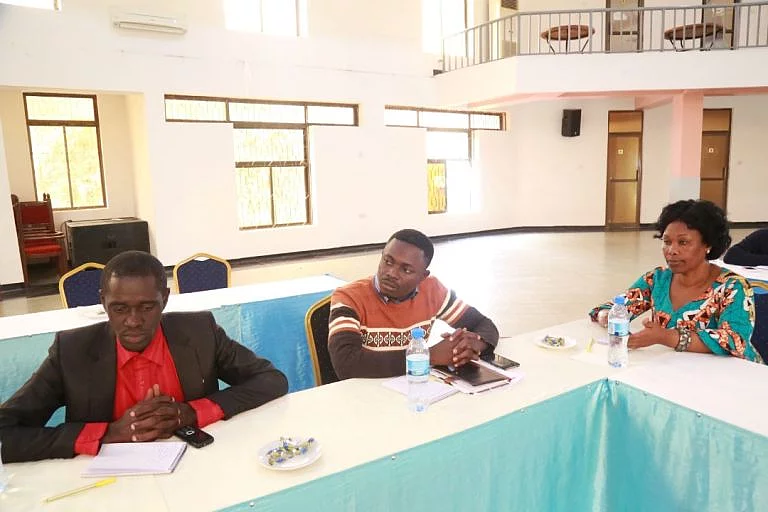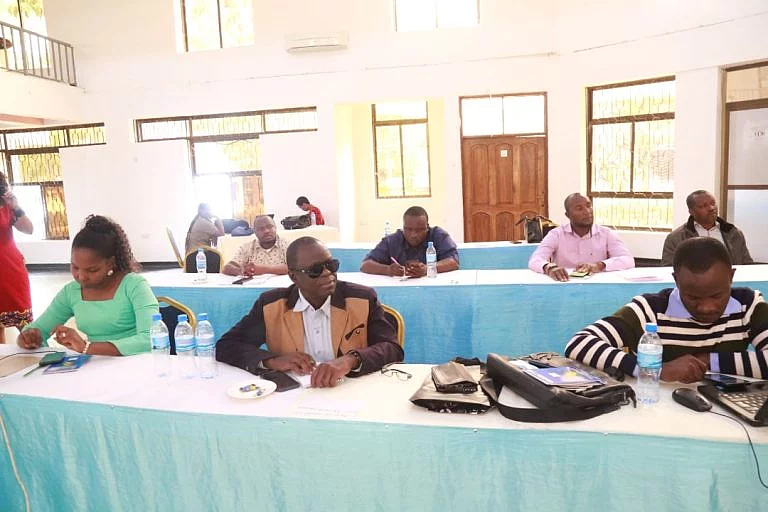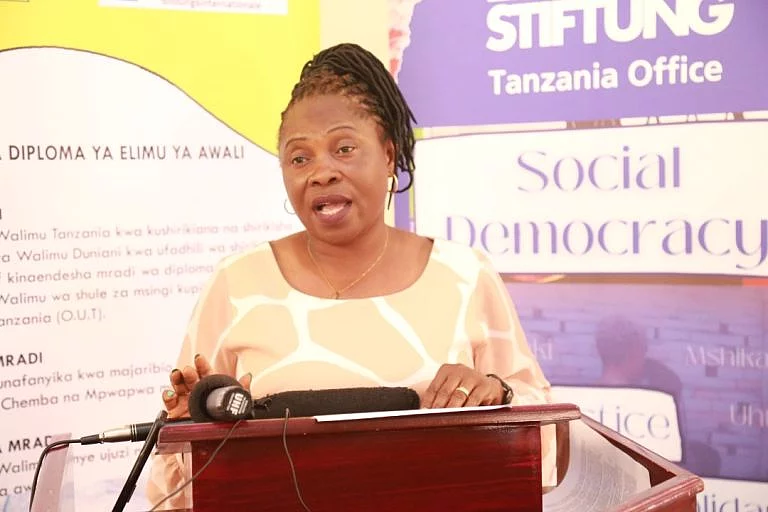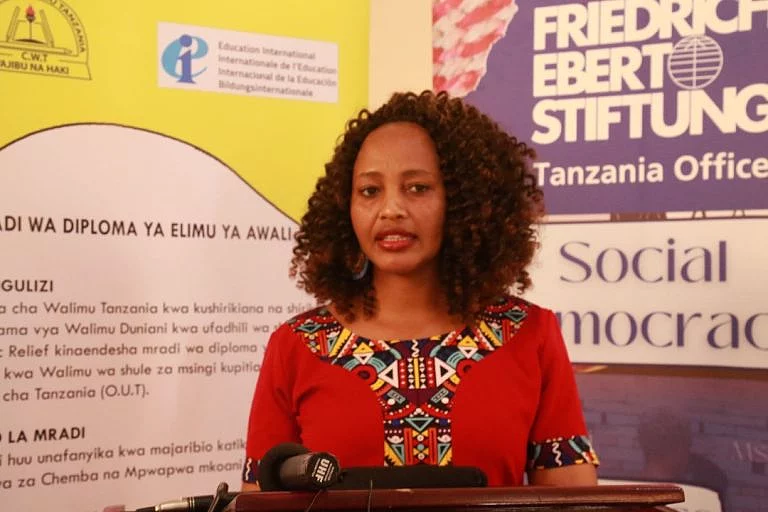- News
Education Stakeholders urge the government to revisit the education policy
On June 6 and 7, 2022, the Tanzania Teachers Union (CWT) and Friedrich Ebert Stiftung Tanzania held a meeting at the African Dreams Hotel in Dodoma as a continuation of the implementation of the project focusing on privatization in education in Tanzania. The conference brought together various education stakeholders, such as teachers, parents, civil society organizations, government departments, and journalists. It discussed various benefits of privatization of education in Tanzania, identified the various challenges facing the privatization of education and education in the country, and provided recommendations to the government and stakeholders for more improvement.
In more than 60 years since independence, Tanzania has witnessed many achievements in the education sector. This success has been fueled by the government's drive to ensure that the sector becomes one of the priority sectors. The stakeholders recognized the efforts made by the government in improving the education sector, including improving school infrastructures for both primary and secondary schools and allowing adolescent mothers to return to back to public schools, improving Education and Curriculum Policy by establishing a science and boarding schools in all 26 regions of mainland Tanzania which gives priority to girls in science subjects.
However, the education sector in Tanzania faces several challenges: lack of sufficient and inclusive school infrastructures, poor school administration and regulation in public and private schools, and violation of teachers’ rights, i.e. in some private schools where some teachers are paid less than required by the law.
Stakeholders recommended improvement in the following aspects;
- There should be a review of education policy to address current education challenges in the country and proper implementation and enforcement of government laws and regulations for private and public schools to ensure quality, affordable and inclusive education. Specifically, addressing gender inequality and exclusion issues in schools should be highly prioritized.
- Teachers' interests and rights should be respected, i.e. compliance with employment policy, housing provision and in-service training to teachers to execute their responsibilities effectively.
Stakeholders agreed that to achieve better education in Tanzania, the state’s role in providing quality, affordable and inclusive education plus effective sector regulation is paramount. Specifically, improving the quality of public-school education and accessibility reduces the education expenses burden on taxpayers, and more Tanzania pupils and students benefit, including those with special needs. It was evident during the meeting that improving education in Tanzania would be further enhanced by effective tax collection that can be used to improve social services like education. The government was argued to seal all the gaps that cause loss of public resources as reports have shown that the government have been losing millions of money through tax incentives provided to multinational companies, poor collection and management of revenues.



